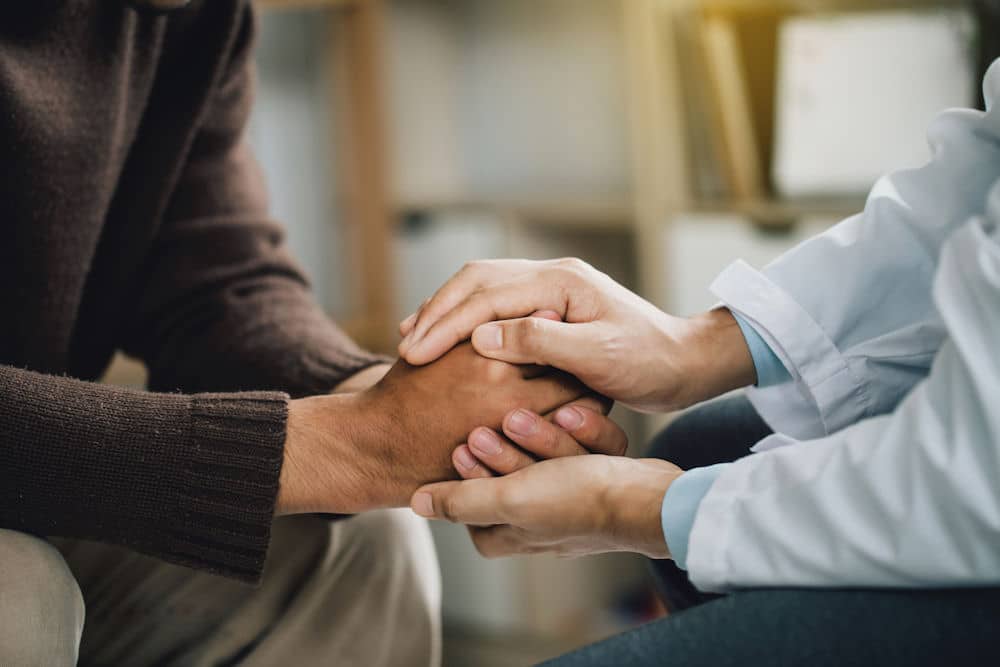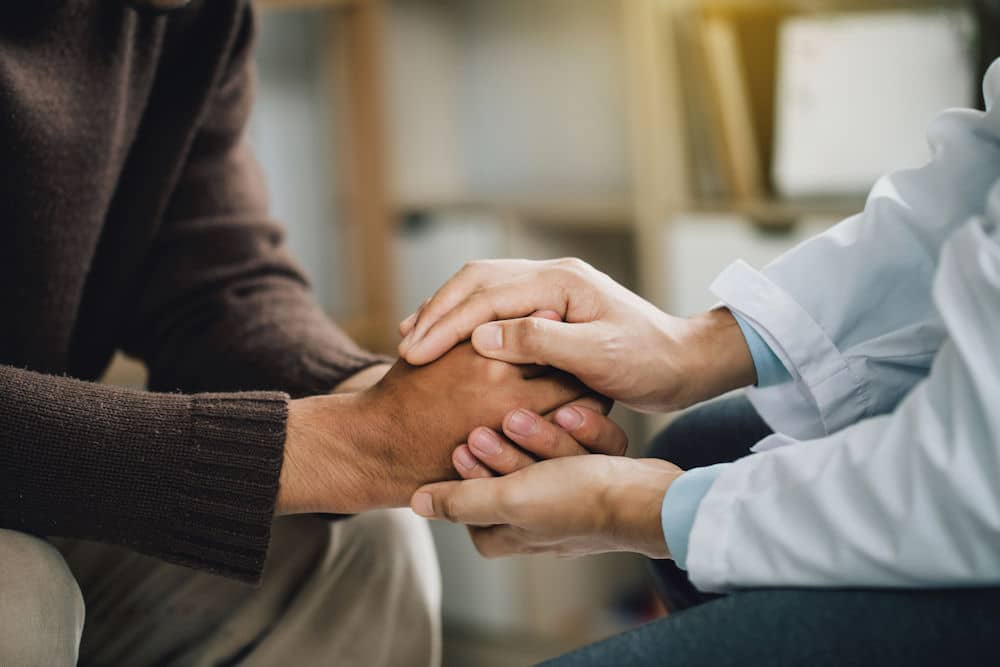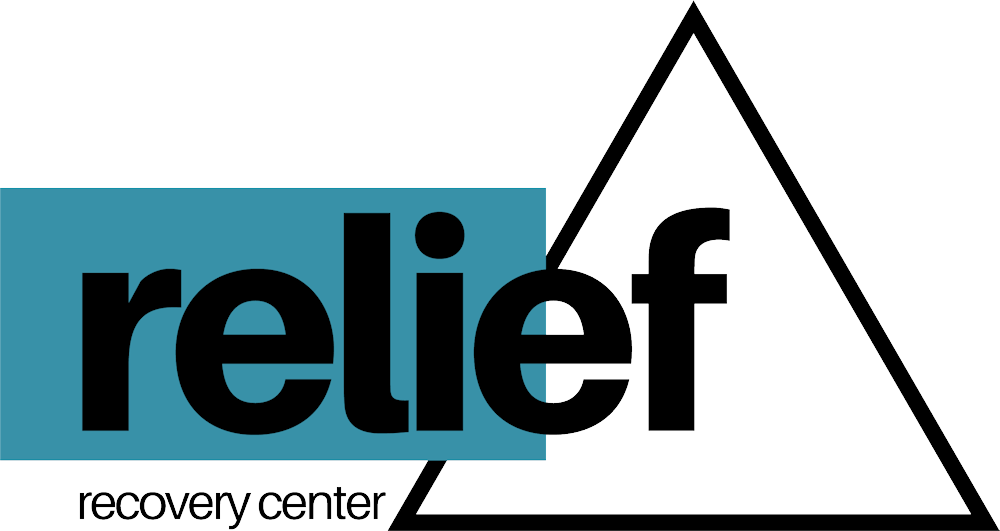After Detox:
What Comes Next
If you or a loved one is considering entering a drug or alcohol detox program, it’s important to also consider what comes next.
Detox is an important first step in recovery, but it’s just the beginning.
After detox, it’s important to have a plan for ongoing treatment and support to help maintain sobriety and avoid relapse.
In this guide, we’ll explore the next steps after detox, including options for continued treatment and strategies for maintaining recovery. Whether you’re considering detox for yourself or supporting a loved one through the process, we’re here to help you navigate the road to recovery.
If you or a loved one are struggling with addiction and need help finding the right detox program, don’t hesitate to reach out to us. Our experienced team is here to help you find the support and resources you need to begin your journey to recovery.
Consider Continuing Treatment
Detox is a critical first step in the recovery process, but it is just the beginning of a lifelong journey. While completing detox is a significant achievement, it is not the end of the road.
Continuing with treatment after detox is crucial for learning essential coping skills, developing a support system, and preventing relapse. These skills and support systems are the foundation of a long-term recovery journey.
Remember that addiction is a chronic disease, and recovery is a lifelong process. With the right support and resources, it is possible to overcome addiction and lead a fulfilling life in recovery.

Highly Structured Full-Time Care
Day Treatment Program

Moderate, Flexible Care
Intensive Outpatient Program (IOP)

Personalized, Individual Care
Outpatient Program (OP)
Create a Support System
Join a support group
Connect with a sponsor
Build healthy relationships
Consider therapy
Our carefully crafted program consists of 16-24 hours per week sessions that provide you with a structured support system while allowing time for other activities like school or work. You will be in safe hands throughout your journey as our team of experts is here every step of the way – providing personalized assistance during multiple weekly meetings tailored specifically towards each individual client.
Build Healthy Habits and Avoid Triggers
Building healthy habits and avoiding triggers are essential steps to maintaining sobriety after detox. Here are some tips to help you along the way:
Build Healthy Habits:
- Engage in regular exercise, which can help to reduce stress and anxiety, boost mood, and improve overall health.
- Practice mindfulness techniques, such as meditation or yoga, to promote relaxation and emotional stability.
- Engage in creative pursuits, such as writing or painting, to express emotions and reduce stress.
- Eat a healthy diet that is high in nutrients and low in sugar, caffeine, and processed foods. Proper nutrition can help to boost mood and energy levels.
- Get enough sleep each night, as sleep is crucial for overall health and wellbeing.
Avoid Triggers:
- Identify situations or people that may trigger cravings or negative emotions, such as social events or certain relationships.
- Plan ahead for how to handle these situations, such as by bringing a sober friend or practicing relaxation techniques.
- Develop healthy coping mechanisms, such as deep breathing or exercise, to deal with stress and difficult emotions.
- Avoid places or situations that may trigger cravings, such as bars or parties where drugs or alcohol may be present.
By building healthy habits and avoiding triggers, you can help to prevent relapse and maintain your sobriety over the long term.
Additional Resources

How to Choose a Detox Program

How to Prepare for Detox

After Detox: What Comes Next
If You Need Help Overcoming Substance Use, We’re Here to Support You, Just Take the First Step!
Contact Relief Recovery Center for a consultation and begin your journey to recovery. When making a call to Relief Recovery Center you will be greeted by one of our care coordinators who will guide you through a quick and easy process to start you on your path of recovery!
